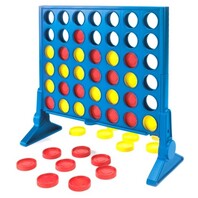|
Thank you very much for coming out to meet with me at Open House. I am so proud to teach in a district where parents are invested in their children's educations. Among the many topics covered at Open House was the hot button topic: HOMEWORK.
This year, your child will have no written homework or at home projects. I do this for a few reasons but topping my list are the following:
0 Comments
Leave a Reply. |
AuthorMarie Brigham is a fourth-grade teacher and 25 year veteran of the MURSD. Archives
October 2018
Categories |

 RSS Feed
RSS Feed